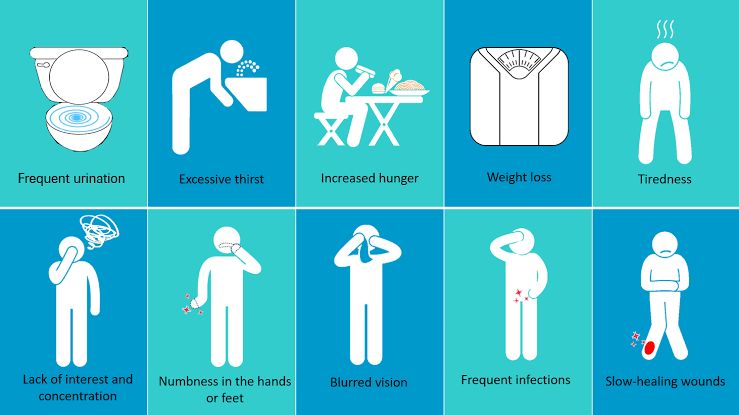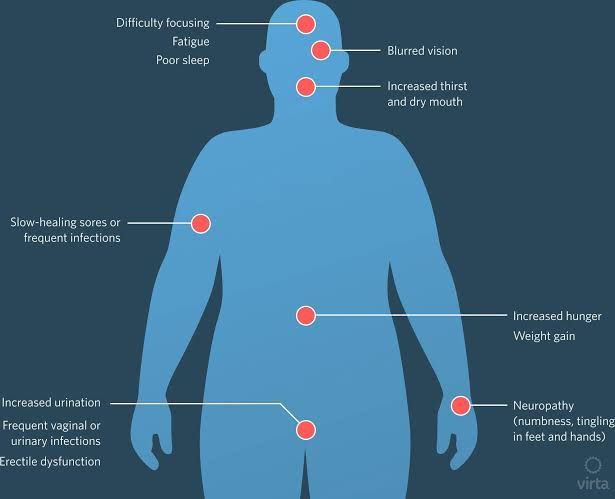What Is Diabetes
Jul 09, 2019 • 34 views
Diabetes, also known as Diabetes Mellitus is a group of diseases that results in too much sugar in the blood (high blood glucose).
To understand diabetes, it is important to understand how it develops. Our body gets glucose or sugar from the food that we eat, specially carbohydrates. Carbohydrates is one of the most important energy providing element for our body irrespective of one having diabetes and one whose not. The glucose flows in the whole body along with blood and is utilized in three forms. Some of it is taken to brain as it helps in thinking and proper functioning, remaining is utilized by the blood cells and if the excess is left, it is taken to liver for storage in the form of energy for later use.
Insulin, an element produced in pancreas is required for the use of glucose by the body. This insulin attaches to the cells and allow glucose to enter inside. Now, if the pancreas are not strong enough to produce required amount of insulin, the cells do not get enough glucose which results in accommodation on glucose in the blood stream. This leads to the development of Diabetes.

Symptoms of diabetes
Increased hunger
Cells are not able to get the required amount of glucose so they feel hungry for it.
Increase in frequency of urination
This happens due to the presence of extra glucose in the blood stream which the body tries to remove through the process of urination.
Increased thirst
Due to the increase in level of urination body frequently looses water along with glucose so to compensate it, we feel thirsty.
Blurred vision
This extra amount of glucose builds up in eyes as well which affects the vision.
Poor healing
People who have diabetes, if gets a cut or wound, it becomes a very time taking process to heal up. High glucose slows down the healing process.
Is diabetes hereditary ?
There are basically two types of diabetes:
Type 1 diabetes
Type 2 diabetes
Type 1 diabetes generally occur during adolescence but that does not mean it is necessarily hereditary in fact genetic features of a person make them more vulnerable to occur involving some risk factors. People living in cold climatic conditions or those having stomach problems are found to be more susceptible to it. Also Type 1 diabetes are found to be in children who are not breastfed sufficiently.

However Type 2 diabetes does have a strong connection family history. Children whose parents have this type of diabetes have a high probability of getting it. Even though there is a strong genetic basis, life style also has a role to play. Regular exercise and healthy food can avoid Type 2 diabetes from occurring.
